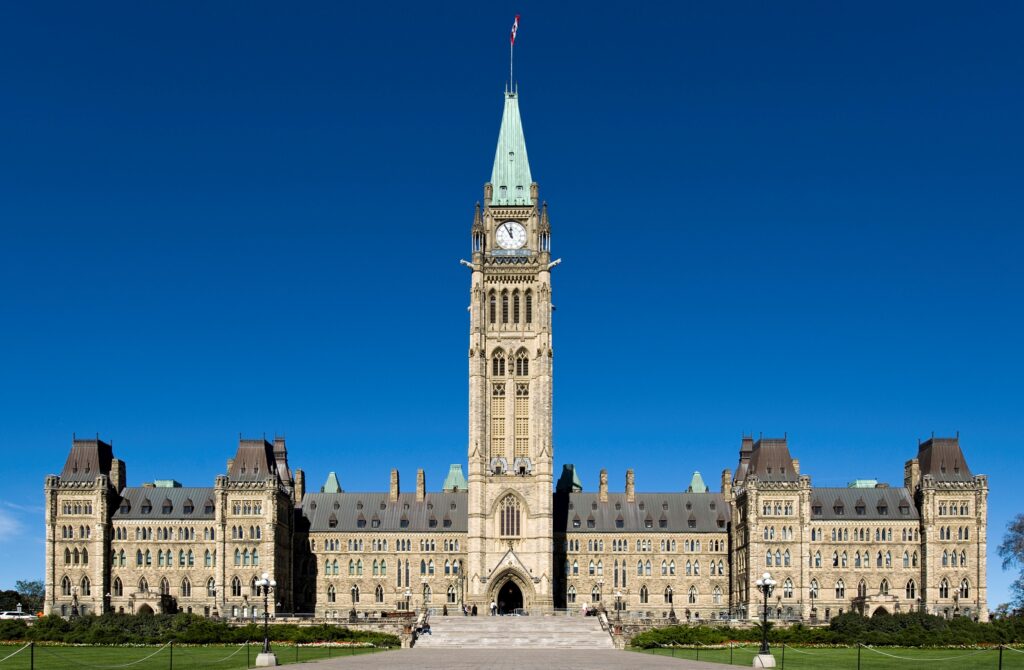This week’s edition of the GME3 includes two gaming bills pending in the Canadian Senate that could have a major impact on Ontario registered iGaming Operators and the Canadian gaming framework as a whole, the fallout of Bill C-18, which requires companies like Meta and Google to pay Canadian media outlets for content that they share on their platforms, and an update on the Microsoft-Activision merger. Read on for more!
Gambling
Double Bill of Gaming Bills
The first bill, S-268 (An Act to amend the Criminal Code and the Indian Act), aims to amend the Criminal Code and the Indian Act to give First Nations the exclusive right to license, conduct, and manage gaming on reserves. As it stands currently, subject to a few exceptions, the mandate to license, conduct, and manage gaming is in the domain of the provincial governments.
As gaming expands throughout Canada, First Nations have expressed dissatisfaction with their lack of consultation and inclusion and are understandably pushing back. One First Nation that has been particularly critical of Ontario’s iGaming expansion is the Mohawks of Kahnawá:ke (MCK), who have been regulating gaming through the Kahnawá:ke Gaming Commission for over twenty-five years. MCK is challenging the Ontario iGaming framework as being outside the scope of the government’s right to conduct and manage gaming. If you want to learn more about Bill S-268, THIS insightful writeup of the Bill by @Gaming News Canada provides additional details.
The other Bill, S-269 (the National Framework on Advertising for Sports Betting Act), aims to limit the number of sports betting ads that Canadians are exposed to. Private operators ramped up advertising in anticipation of the launch of Ontario’s regulated iGaming market, and with no legal restrictions on the number of ads, residents of Ontario and the rest of Canada were treated to a buffet of gaming and betting advertisements. I’m sure our fellow Torontonians are familiar with the prolific full-streetcar DraftKings ads, not to mention the sheer number of ads aired during sports programming.
Senator Marty Deacon, who introduced the Bill, argues that stricter regulations around advertising will help protect vulnerable demographics from developing gambling addictions. Deacon observes that countries like the U.K., Italy, Spain, Poland, Belgium, and the Netherlands have introduced similar legislation, and wants Canada to be similarly proactive in its approach to gaming advertisements. Read more HERE about how this legislation aims to accomplish its goals. And make sure to follow us to keep up to date on these two bills!
Media
New Epoch for Canadian News
It’s been a busy month for the gambling, media, and entertainment industries up at Parliament Hill and we’ve got another bill to talk about as a result. This bill, C-18, became law last Thursday, June 22. The bill requires internet conglomerates Meta and Google to pay Canadian media outlets for content that they share on their platforms. The goal of the bill is to lessen the disparity between these new media giants and the shrinking news industry.
As a result of this bill passing, Meta has already confirmed that it will stop offering news to Canadian users on Facebook and Instagram, and, according to a representative, Meta is “proceeding towards ending the availability of news permanently in Canada.” Furthermore, Canadian Heritage Minister Pablo Rodriguez plans to meet with representatives from Google, which has hinted at the possibility of removing news links from search results.
It will be interesting to see how this story develops. Australia enacted a similar law in 2021, which resulted in Meta and Google entering into agreements directly with news publishers. We may see something similar happen in Canada, or we may have to start relying on alternative methods to deliver news to the masses.
Entertainment
Mergerwatch
Our final story for this week concerns Xbox creator Microsoft’s attempted acquisition of gaming company Activision-Blizzard, publishers of popular franchises like Call of Duty and World of Warcraft. At over $68 billion dollars, this would be the largest merger the gaming industry has ever seen, and it should be no surprise that it’s facing a large amount of pushback from legislative bodies and other gaming companies.
Sony and the U.S. Federal Trade Commission (FTC) are currently disputing the acquisition, and an American judge temporarily blocked the deal from going through. However, during the hearing, it was revealed that Sony and the FTC may not have as strong a case as they believe. The FTC has focused its legal argument mainly on the practice of offering system “exclusive” titles, where a company offers a game on limited platforms. However, it seems that Microsoft has no intention of limiting Activision-Blizzard games to the Xbox, as Microsoft CEO Phil Spencer was happy to swear under oath that Call of Duty would still be available on the Sony PlayStation. This is supported by a leaked email from PlayStation head Jim Ryan, where he wrote that he believes it to be unlikely for Microsoft to remove Call of Duty from Sony’s gaming platform, and that, in contrast to their public statements, Sony would be “more than okay” with the deal going forward.
It seems that the opposition to the merger will have to do better than gesturing to the billion-dollar value of the deal if they want to stop it from going through.




